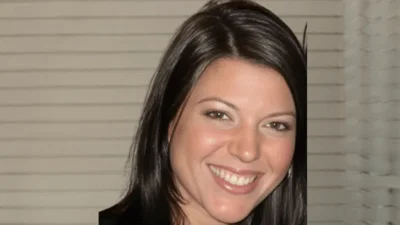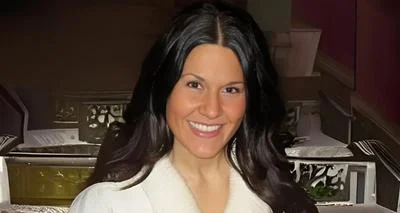Steve Lefko
Steve Lefko
Steve Lefko, candidate for the River Forest D90 school board, says that he respects the all-inclusive sentiment behind the “Investigations” math instituted last year in the district, but as a scientist he wants to see evidence that it works.
“I, and a lot of parents I talked to about this, are looking to the district for answers as to the effectiveness of this approach in teaching math,” Lefko, a data and policy analyst, told West Cook News. “So far there is no evidence this change will be better for all children.”
Investigations in Numbers, Data, and Space is a student-directed, K–5 mathematics curriculum designed to help students understand number and operations, geometry, data, measurement and early algebra, according to the Institute of Education Sciences (IES), the research arm of the U.S. Department of Education. It is often referred to as simply "Investigations" or "TERC," for the Technical Education Research Centers in Cambridge, Mass., where it was developed in the late 1990s
“The curriculum encourages students to develop their own strategies for solving problems and engage in discussion about their reasoning and ideas,” IES says.
Lefko said he noticed the change in curriculum through the fourth grade math homework of his younger daughter compared to homework of an older daughter who experienced a different curriculum.
“Homework is for reinforcing lessons learned in the classroom and we’re looking for rigor there,” Lefko said. "It was then that I began looking into it."
Investigations ranked fourth of four math curricula in an evaluation, “After Two Years, Three Elementary Math Curricula Outperform a Fourth,” published in 2013 by the IES’s National Center for Education Evaluation and Regional Assistance.
“In our study, one of the first to rigorously examine curriculum effects over multiple years, we compared the two-year effects of four math curricula that are widely used in the early elementary grades and differ in their approaches to teaching mathematics,” the IES said in a “Discussion and Looking Ahead” section of the 2013 report. “Our results indicate that Math Expressions, Saxon, and SFAW/enVision improved first-through-second-grade math achievement by similar amounts, and all three outperformed Investigations.”
The Investigations approach fared no better with William Quirk, a nuclear physicist with a PhD from Columbia University, who has written extensively on math curricula.
“The NSF [National Science Foundation] is now spending millions to promote implementation of the TERC program,” Quirk wrote. “School Boards find it difficult to say no. They rationalize: ‘it's just a different way to teach elementary math, and the NSF backs it, so how bad can it be?’ This program is very bad because it omits standard computational methods, standard formulas, and standard terminology.
“TERC says most of this is now obsolete, due to the power of $5 calculators,” Quirk continued. “They claim their program moves beyond arithmetic to offer ‘significant math,’ including important ideas from probability, statistics, 3-D geometry, and number theory.
“But math is a vertically-structured knowledge domain. Learning more advanced math isn't possible without first mastering traditional pencil-and-paper arithmetic. This truth is clearly demonstrated by the shallow details of the TERC fifth grade program. Their most advanced ‘Investigations’ offer probability without multiplying fractions, statistics without the arithmetic mean, 3-D geometry without formulas for volume, and number theory without prime numbers.”
The district’s adoption of TERC stems from its Vision for Equity: “To ensure that every student feels empowered to achieve to his or her full potential, we commit to provide equitable opportunities for all learners, grow an inclusive school community, and demonstrate we value diversity.”
Lefko said that he respects the board’s intentions but wants to see evidence that counters the conclusions in the IES study and Quirk’s assessment of the approach.
“A curriculum that produces lower results across the board benefits no one,” Lefko said.






 Alerts Sign-up
Alerts Sign-up